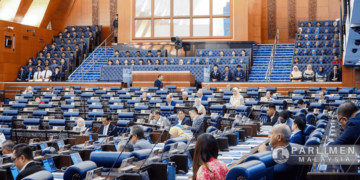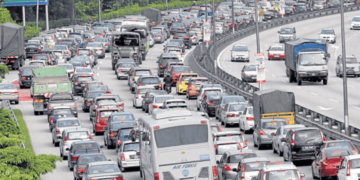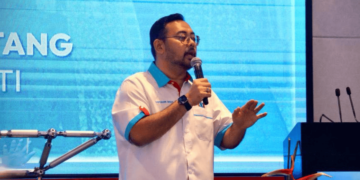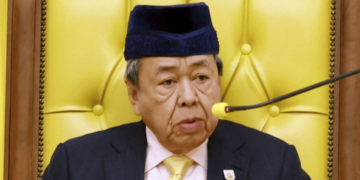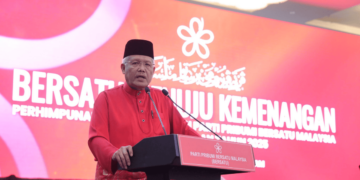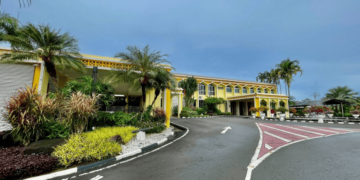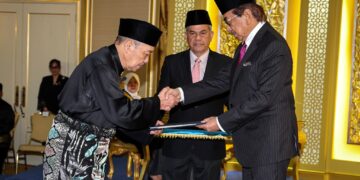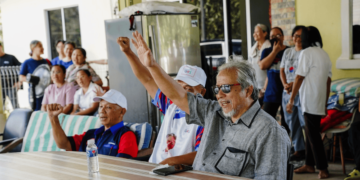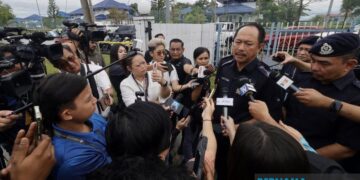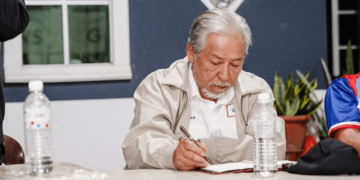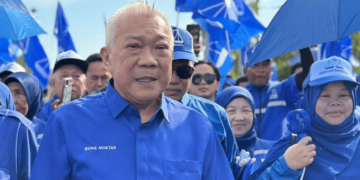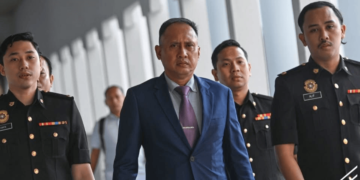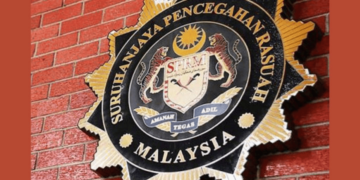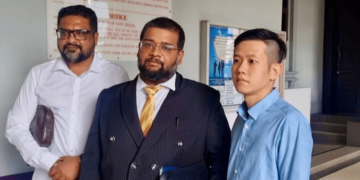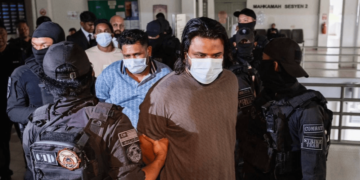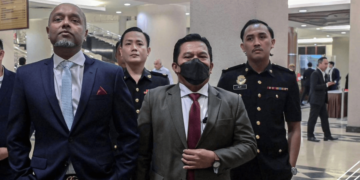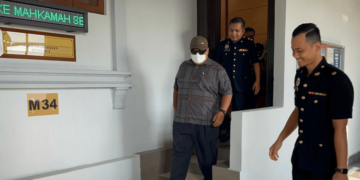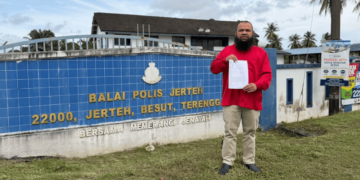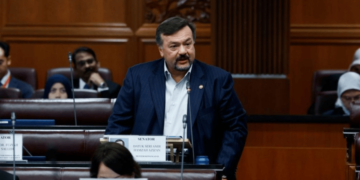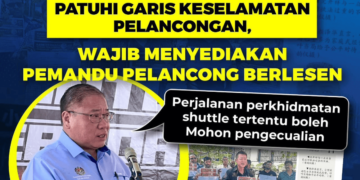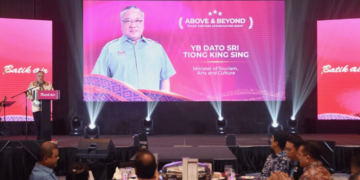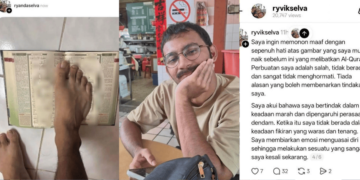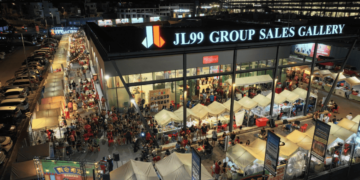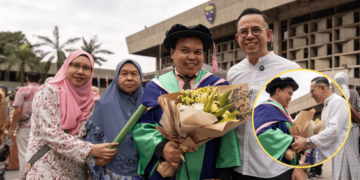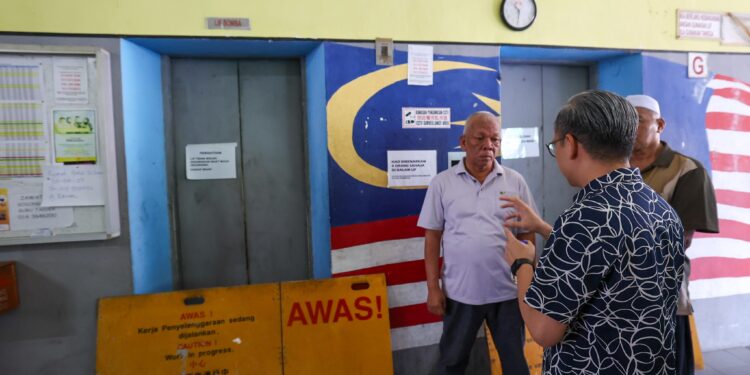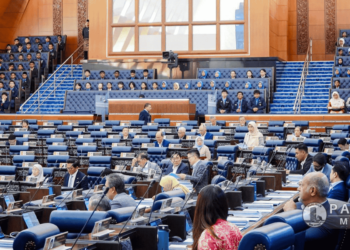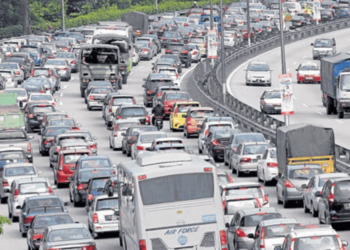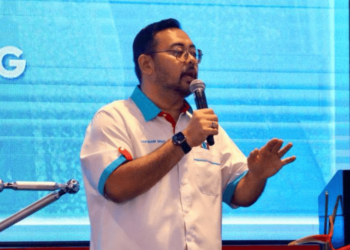KUALA LUMPUR – The National Residential Rental Association has raised alarm over ongoing failures in high-rise property maintenance, following a three-month lift breakdown at Block P20 of Taman Bukit Angkasa that has severely impacted the lives of residents particularly the elderly and chronically ill.
According to the association’s Deputy Chairman, Hong See, the prolonged breakdown reflects a systemic failure in Malaysia’s approach to managing and maintaining strata properties, which demands immediate government intervention.
While Lembah Pantai MP, Dato Fahmi Fadzil has approved emergency funding to repair the lifts, Hong stressed that such short-term solutions do not address the root of the problem.
“This is not an isolated incident. Many other high-rise buildings across the country face similar issues. The absence of a robust legal framework for mandatory maintenance is a critical weakness in our housing system,” he said in a statement today.
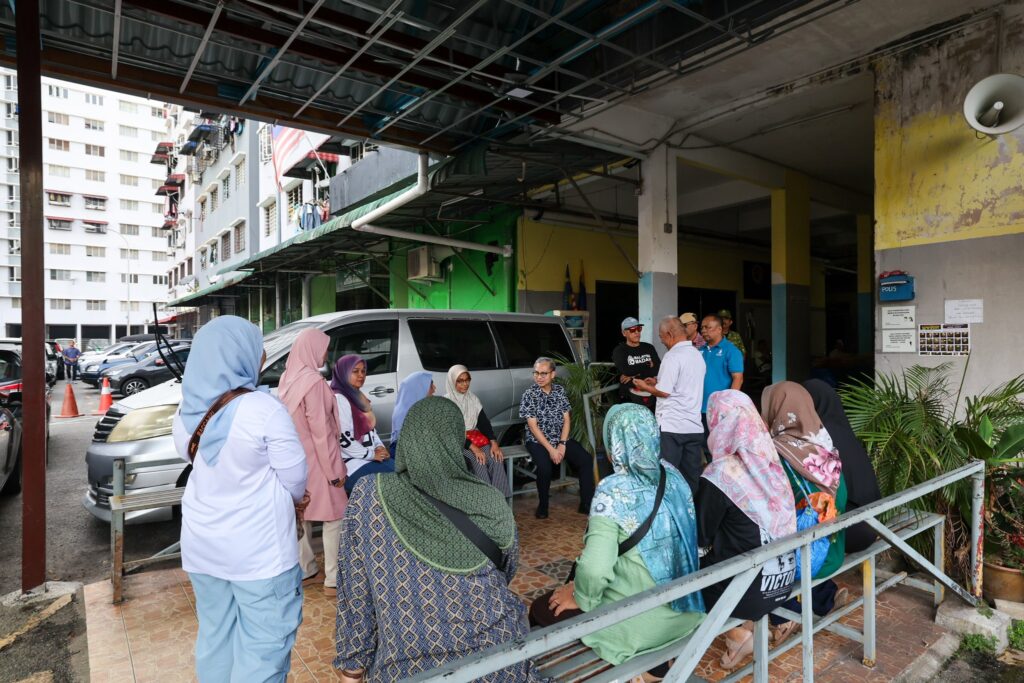
The association is calling for the urgent introduction of a Comprehensive Housing Maintenance and Shared Facilities Act to standardize maintenance standards, ensure guaranteed sinking funds for major repairs, and enforce clear responsibilities on all parties involved, including developers, owners, and management bodies.
The plight of tenants in these situations is equally concerning. Despite paying rent promptly, many tenants suffer the consequences of property owners failing to pay maintenance fees to Joint Management Bodies (JMB) or Management Corporations (MC), leaving shared facilities like lifts and access cards unusable due to funding shortfalls.
A similar case occurred at Danau Murni Condominium, Taman Danau Desa on June 27, 2025, when all three lifts in Block A were out of service for two consecutive days. Residents had no choice but to climb up to 18 floors on foot, an ordeal especially difficult for families with children and elderly individuals.
“Although the building is marketed as a condominium, residents are denied the basic comforts and safety such a designation implies,” he said.

The situation is even worse for tenants. Many are trapped by lease agreements and unable to move to more livable conditions without forfeiting their rental deposits. Landlords who refuse to return deposits when tenants vacate early further compound the injustice.
To address this, the association called for the swift enactment of a Tenancy Act to protect renters who are subjected to substandard living conditions despite fulfilling their contractual obligations.
In the long term, the association proposes the creation of a centralized monitoring system, similar to CCRIS or CTOS, to blacklist property owners who consistently fail to pay maintenance fees. Such a move would enhance accountability and provide financial pressure on negligent owners.
At the same time, the role of JMBs must be strengthened, association emphasized the need for greater transparency and governance, including stricter financial audits and regular reporting to local authorities such as the Commissioner of Buildings (COB).
The association is also urging the Ministry of Housing and Local Government (KPKT) to form a dedicated task force to develop the proposed housing maintenance legislation, involving all stakeholders from developers to owners, tenants, and property managers.
“Housing maintenance should no longer be treated as optional. It must be a legal obligation that protects every resident’s right to live safely and with dignity,” he concluded. -MalayaDailyToday


